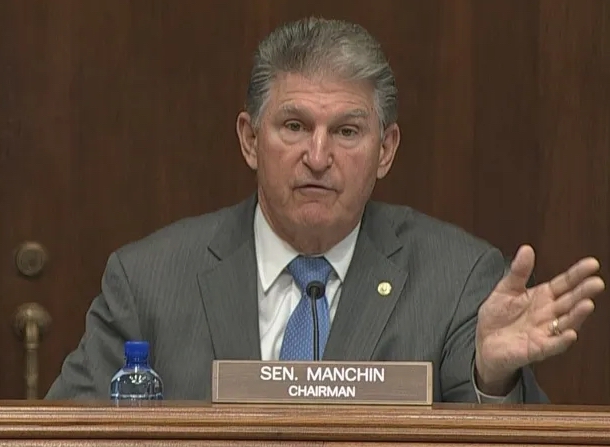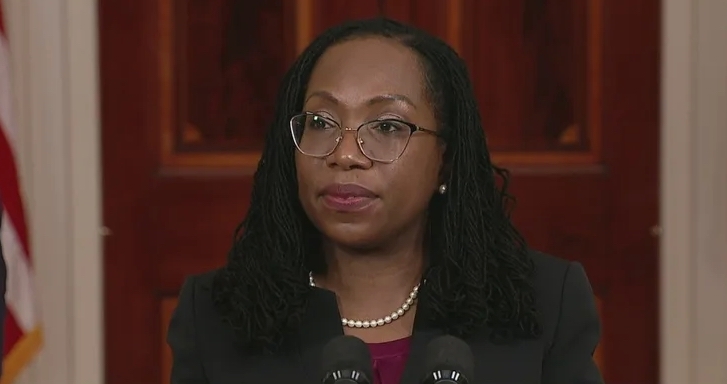The John Locke Foundation has for years urged reform of North Carolina’s restrictive occupational licensing rules. Our Jon Sanders has frequently made the case that North Carolina needs an alternative to occupational licensing. This National Review Online column argues that there is a role for the federal government to play in the reform process. One of the recommendations is for the feds to “enforce anti-trust law against state licensing boards.” The full piece is here.
Here is part of what JLF’s Sanders wrote in late May as he laid out several reasons for licensing reform.
Legal. The Supreme Court in North Carolina Board of Dental Examiners v. Federal Trade Commission (2015) dismantled the presumption that state occupational licensing boards are automatically immune from federal antitrust laws.
In the court’s opinion, a state licensing board may violate federal antitrust law if a controlling number of board members comprise “active market participants” regulated by the board but the board is not actively supervised by the state.
How to demonstrate active supervision by the state over licensing boards is an open question. Freeing up more occupations from barriers to entry via licensure would eliminate anticompetitive concerns at their root.
Meanwhile, the FTC has a new Economic Liberty Task Force to focus on state occupational licensing activities. Acting FTC chairman Maureen Ohlhausen announced it in a March 31 speech at George Mason Law Review’s antitrust symposium.
Primarily, the FTC’s interest in Economic Liberty will be advocacy and partnership. But as Ohlhausen made clear at George Mason, she is not averse to fighting for economic liberty in court.
It’s worth noting that a January 2017 Reason magazine profile of her said that “North Carolina Dental is Ohlhausen’s greatest achievement so far as an FTC commissioner.”
Let’s give people a chance. Let’s give them opportunity.


